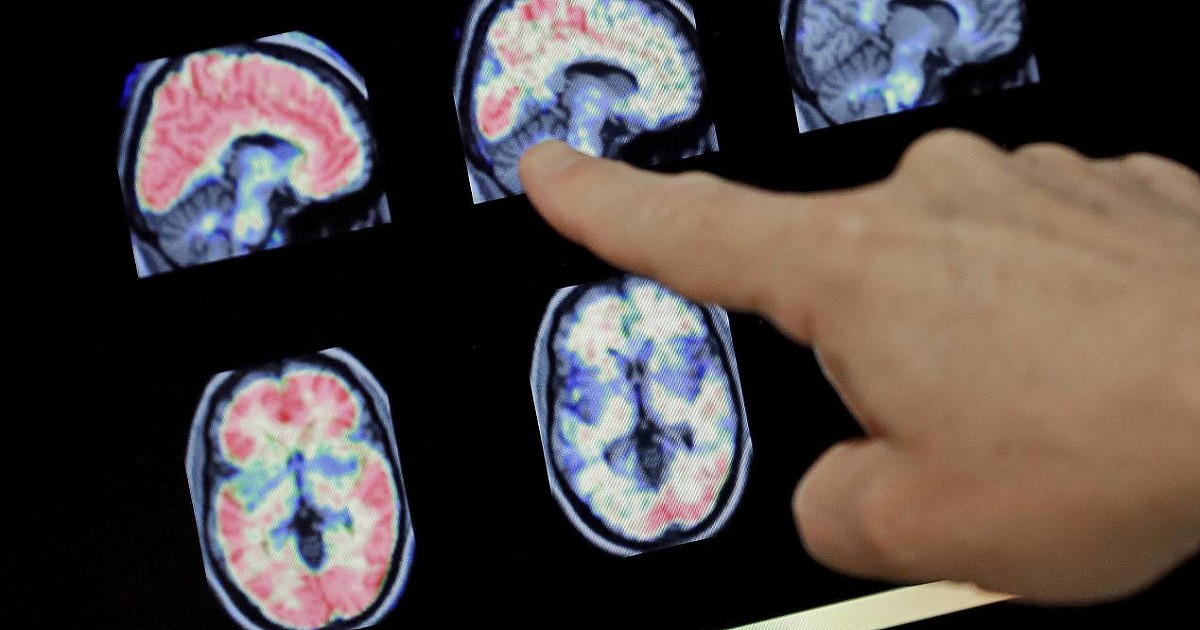It has long been known that there is a correlation between the very common kissing disease and the multiple sclerosis, a “kinship bond” if you will. Now a new study would have identified how the virus Epstein-Barr, responsible for the widespread infectious mononucleosis, is also related to one of the most disabling human pathologies. Researchers at Karolinska Institutet in Sweden have published research on Science Advances showing that some individuals have antibodies to the virus that mistakenly attack a protein in the brain and spinal cord. The Epstein-Barr virus (EBV) infects most people early in life and then remains in the body, usually causing no symptoms.
The link between EBV and multiple sclerosis (MS) was already discovered many years ago but has remained a puzzle for researchers ever since. Mounting evidence, including two papers published in Science and Nature last year, suggested that EBV infection precedes MS and that antibodies to the virus may be involved in the correlation between the two. “MS is an incredibly complex disease, but our study delivers an important piece of the puzzle and it may explain why some people develop it,” says Olivia Thomas, a postdoctoral researcher in the Department of Clinical Neuroscience, Karolinska Institutet and co-first author of the study. “We found out that some antibodies against the Epstein-Barr virus, which would normally fight the infection, they can mistakenly affect the brain and spinal cord and cause damage”.
The researchers analyzed blood samples from more than 700 MS patients and 700 healthy individuals. They found that antibodies that bind to a certain protein in the Epstein-Barr virus, EBNA1, can also bind to a similar protein in the brain and spinal cord called CRYAB, whose role is to prevent protein aggregation during cellular stress conditions like inflammation. These misdirected cross-reactive antibodies can damage the nervous system and cause serious symptoms, including problems with balance, mobility, and fatigue. The antibodies were present in about 23 percent of the MS patients and 7 percent of the control group individuals. “This shows that while these antibody responses are not always necessary for disease development, they can be involved in the disease in up to a quarter of MS patients,” says Olivia Thomas. “This also demonstrates the high variation between patients, highlighting the need for personalized therapies. Current therapies are effective in reducing relapses in MS, but unfortunately none can prevent the progression of the disease.” The researchers also found that there is likely to be a similar cross-reactivity between T cells of the immune system. “We are now expanding our research to study how T cells fight EBV infection and how these immune cells can damage the nervous system in multiple sclerosis and contribute to disease progression,” he says. Matthias Brongeresearch affiliate in the Department of Clinical Neuroscience, Karolinska Institutet and co-first author of the article.
Gianmarco Pondrano Altavilla
